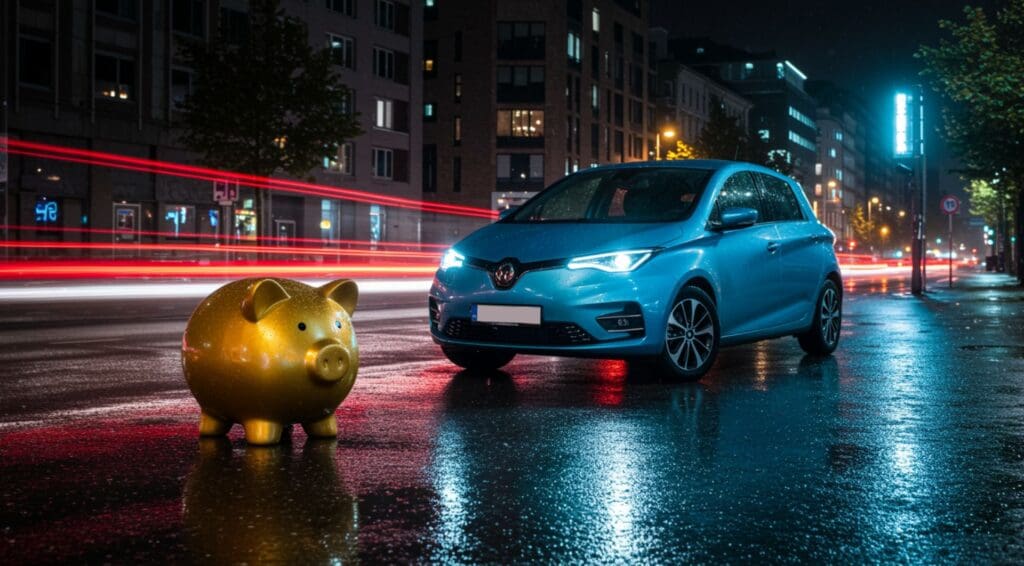Why EVs Are More Affordable Than You Think – And How They Can Save You £850 a Year
Electric vehicles (EVs) aren’t just the future of transport—they’re quickly becoming one of the smartest financial choices for British motorists today. With fuel prices fluctuating and the cost of living under pressure, many drivers are seeking alternatives that help ease household budgets.
Recent research reported by The Guardian in April 2025 highlights that switching to an EV could save the average UK motorist up to £850 a year compared to running a petrol or hybrid vehicle.
But what’s driving these savings, and why are EVs becoming more affordable? Let’s explore how electric vehicles are now offering better value for money alongside environmental benefits.
Lower Running Costs: Fuel and Maintenance Savings
Charging an EV is significantly cheaper than filling up with petrol or diesel. EDF Energy states that the average cost to drive an EV is around 4-6p per mile when charging at home, compared to 12-15p per mile for petrol or diesel vehicles (EDF Energy). This difference alone can save drivers hundreds of pounds each year.
EVs also cost less to maintain. With fewer moving parts and no engine oil, EV servicing costs are estimated to be 30-40% lower than traditional internal combustion engine (ICE) vehicles.
Government Incentives: Reducing the Upfront Cost
The UK government supports the shift to electric through several schemes. The EV Chargepoint Grant (previously the OLEV grant) covers up to £350 or 75% of the cost of installing a home charging station.
For businesses and company car drivers, Benefit in Kind (BIK) tax rates are significantly lower for EVs. As of the 2025/26 tax year, fully electric vehicles benefit from a 2% BIK rate, whereas petrol or diesel vehicles can incur rates as high as 37%
Affordable EV Models Are Expanding
Affordability isn’t just about running costs—upfront vehicle prices are coming down too. The Chinese manufacturers like BYD and MG are offering EV models in the UK for under £25,000. Models such as the BYD Dolphin and MG4 bring high-quality electric driving to a broader audience, competing directly with traditional petrol vehicles on price.
Major brands like Nissan, Renault, and Volkswagen are also expanding their electric ranges, offering more affordable models with longer ranges and better performance. This growing competition is helping to drive prices down.
Policy Updates: What’s Changing?
The UK government recently revised its Zero Emission Vehicle (ZEV) mandate, which originally aimed to phase out petrol and diesel cars by 2030. Under the new rules, reported, plug-in hybrids (PHEVs) will remain available for sale until 2035 . While some argue this could slow full EV adoption, it also provides flexibility for both consumers and manufacturers as the industry transitions.
Is Now the Time to Switch to Electric?
With battery technology improving, charging infrastructure expanding rapidly, and costs decreasing, EV ownership is becoming increasingly convenient and affordable. According to Fleet News, the number of public charging hubs in the UK more than doubled between 2022 and 2024, easing concerns over charging accessibility.
Making the switch now means drivers can take advantage of lower costs, government incentives, and expanding infrastructure—all while reducing their carbon footprint.
Let ONEEV Support Your EV Journey
At ONEEV, we’re passionate about making electric driving not just affordable but rewarding. Whether you need help finding real-time charging stations, accessing lifestyle benefits, or streamlining EV payments, we’re here to make the transition smooth and enjoyable.
